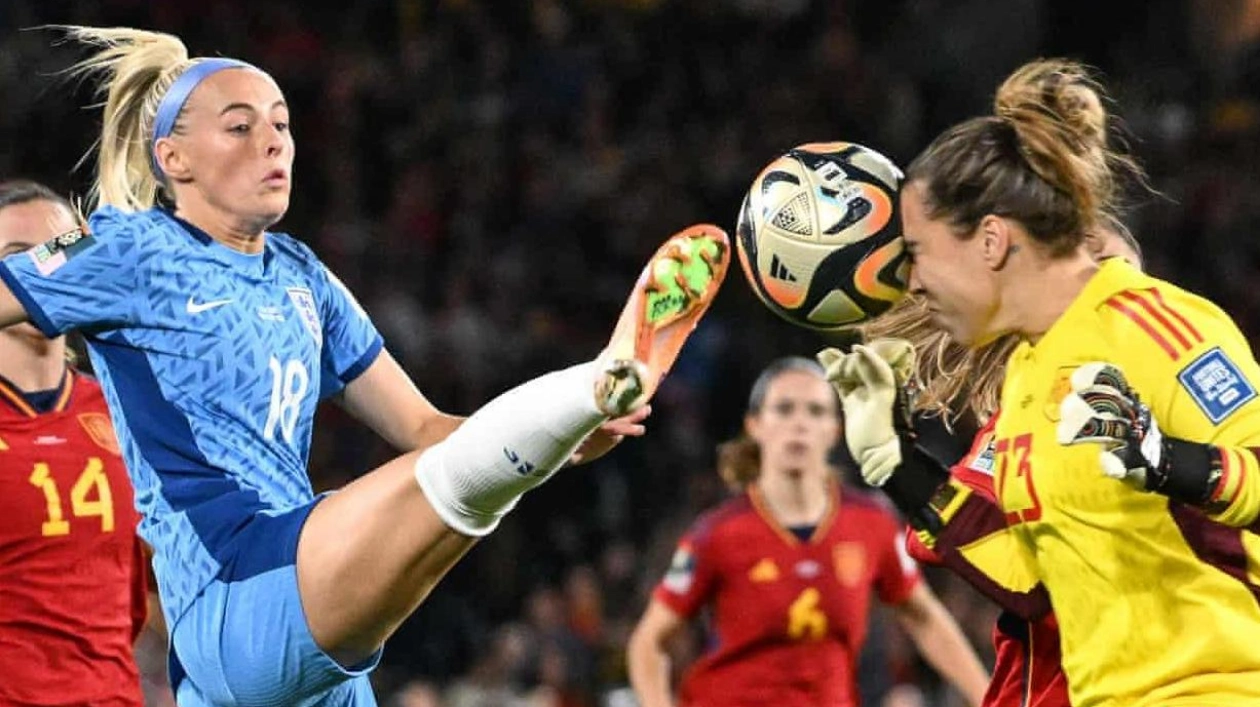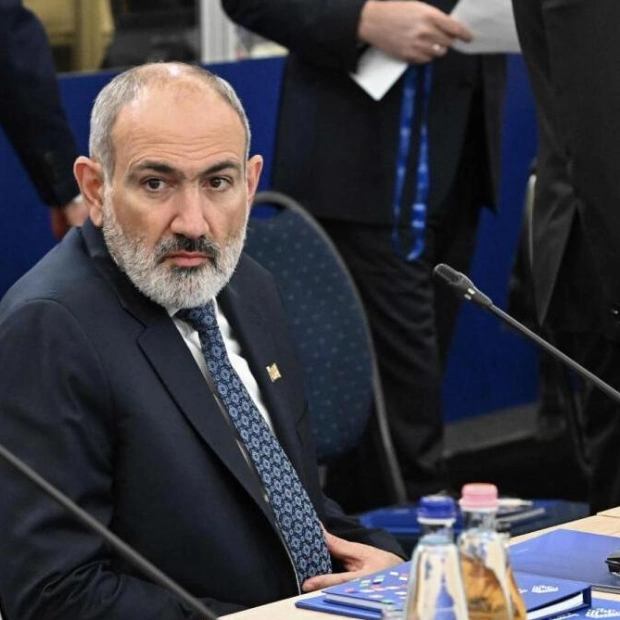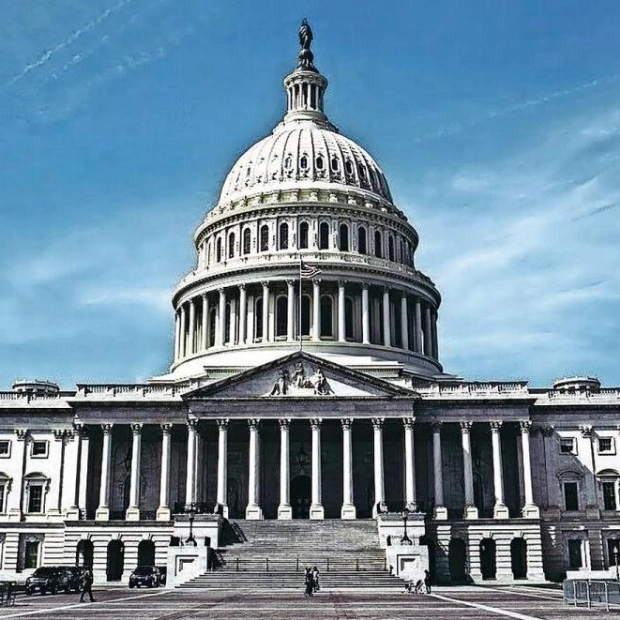Before the 2023 Women’s World Cup final, Fifa president Gianni Infantino encouraged women to “push at the doors” of power in their quest for equality. “With men, with Fifa, you will find open doors,” he stated. “Just push the doors. I urge all women – and I have four daughters, so I know a thing or two about this – that you have the power to change. Choose your battles wisely. Choose your fights carefully. You have the power to convince us men what we must do and what we must not. Just do it.”
A month later, in response to Infantino’s widely criticized remarks, the UK-based organization Women in Football launched its Open Doors agenda. This initiative calls on Fifa and other football bodies to mandate diverse leadership in national associations and work towards achieving a 30% female membership in general assemblies and executive committees. It also advocates for the inclusion of independent non-executive members on executive committees, presidential term limits, and action against sexism and discrimination in the workplace.
After a year of collaboration with various clubs and federations, Women in Football held a discussion at the House of Lords to reflect on their progress. The organization’s chair, Ebru Köksal, spoke with the Football Association chair, Debbie Hewitt, about the campaign and the importance of diverse boardrooms. “Nobody wants the wrong kind of people in any boardroom,” said Yvonne Harrison, CEO of Women in Football. “What we aim for is diverse boardrooms with excellent representation. Good boardrooms have a skills matrix that aligns with the organization’s needs and future direction.”
Harrison believes Hewitt is the only independently recruited chair of a federation. “That speaks volumes,” she noted. “You must ensure it’s the right people, and that’s what we’re focusing on with the European Club Association. We’re supporting senior women already working in football internationally, in clubs and federations, through a tailored leadership program.”
Why is this important? “It’s about ensuring that when women reach these positions or have the opportunity, they can perform at their best. Debbie emphasized the importance of having people to guide and mentor you, and that’s what we’re aiming to do alongside our advocacy and advisory work.”
Football governance is not renowned for its diverse leadership. Harrison noted that clubs and federations have been most receptive to the Open Doors initiative. “We’ve seen stronger uptake from clubs and federations,” she said. “There’s a lot of tact required, especially within international bodies. There’s much work to be done in the UK, so we focus more of our efforts here. We’ve had significant uptake from clubs, and we have some exciting developments coming in the next couple of months from our work with clubs and other organizations.”
Is it frustrating to constantly advocate for diversity in football boardrooms when other sectors and society are further ahead? “It is frustrating to some extent,” Harrison admitted. “We shouldn’t need to look to other sectors where change has been made and where quotas or targets have been introduced. Even in sports, there have been changes.”
“With the UK Code for Sports Governance, we’ve seen a massive shift in the representation of women on boards of bodies receiving public funding. Some targets are no longer necessary because they’ve been achieved. We know it works and sometimes we just need to remind people why it matters.”
“There are excellent examples of organizations doing it well, and we often reference them when speaking to new corporate Women in Football members. Football is very traditional, but it’s changing, especially within the women’s game. The growth of the women’s game is making football think differently. We’re excited about the future but will continue to push for change.”






